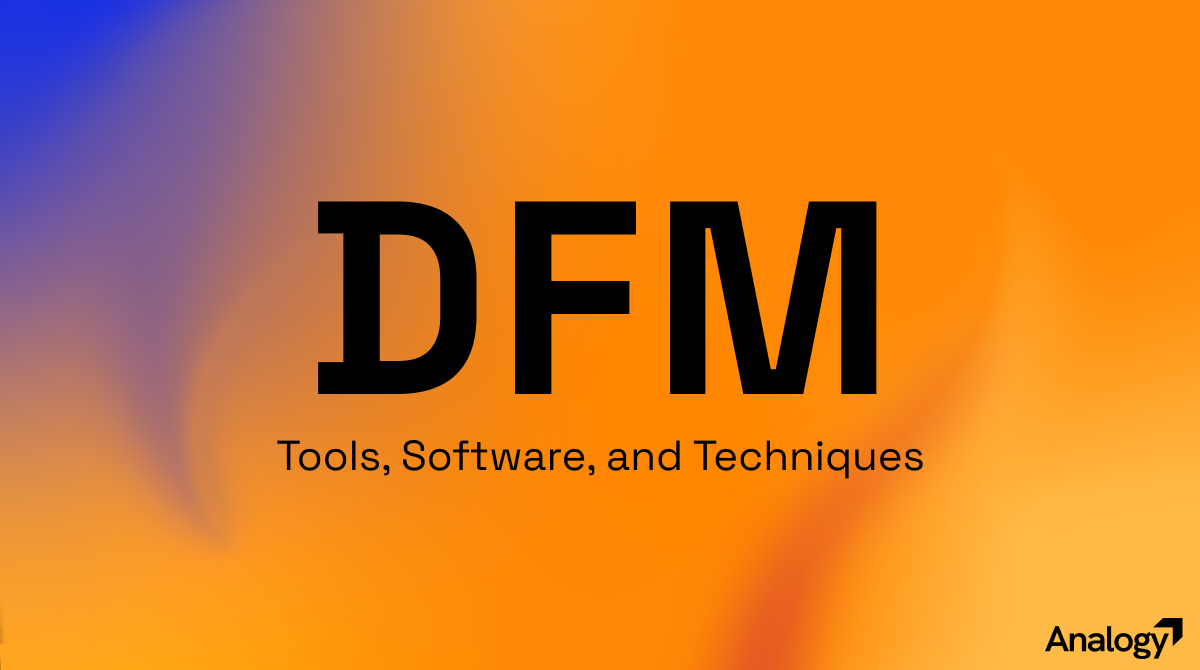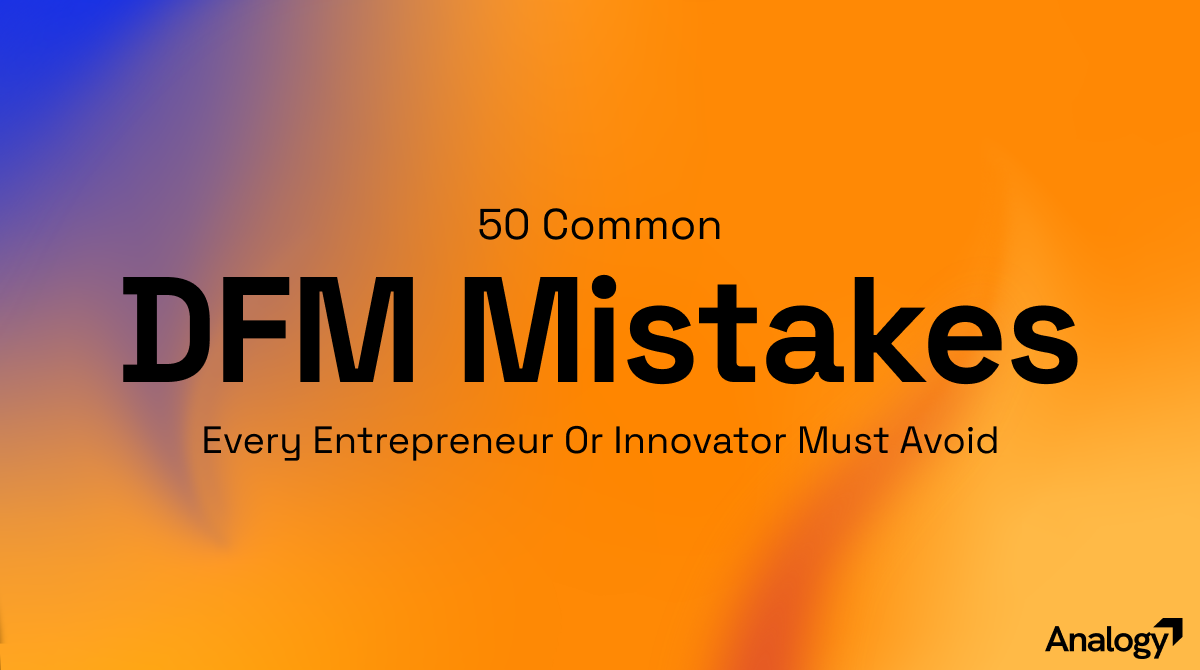
10 Essential Steps for a Successful Product Development Process
Understanding the Product Development Process
Definition and Importance
The product development process refers to the complete journey of bringing a new product to the market. This process is essential for any company looking to innovate and stay competitive. It involves various stages, from ideation to production, each critical to creating a successful product. For more on our comprehensive approach, visit our full product development services

Stages of Product Development
Idea Generation
Generating ideas is the first step in product development. This involves brainstorming and creative thinking to come up with potential product ideas. Encouraging a free flow of thoughts can lead to innovative solutions.
Idea Screening
Not every idea is worth pursuing. Screening helps in filtering out the viable ideas from the impractical ones. This stage involves evaluating the potential of each idea based on criteria such as feasibility, market potential, and alignment with business goals. Check out our Cellairis Wireless Car Charger case study, to understand a real life example of successful idea screening.
Concept Development
Once an idea is selected, it needs to be developed into a concept. This stage involves detailing the product's features, benefits, and target market. A well-defined concept acts as a blueprint for the subsequent development stages. Discover our Concept Development Services

Research and Market Analysis
Identifying Market Needs
Understanding the needs and preferences of the target market is crucial. Market research involves gathering data about customer requirements and trends to ensure the product meets market demands.
Competitor Analysis
Analyzing competitors helps in identifying gaps in the market and areas where your product can offer a unique value proposition. It involves studying competitors' strengths and weaknesses to position your product effectively.

Design and Prototyping
Product Design
Product design translates the concept into a tangible product. This stage involves creating detailed designs and specifications, considering both aesthetics and functionality. Explore our industrial design services.
Prototyping
Creating prototypes is essential to visualize the product and test its feasibility. Prototyping helps in identifying design flaws and making necessary adjustments before mass production. Learn about Everything you need to know about prototyping your idea
User Testing
Testing ensures the product meets quality standards and performs as expected. It involves rigorous testing of prototypes to identify and fix any issues.

Business Planning
Business Model
Developing a business model involves outlining how the product will generate revenue. This includes pricing strategies, distribution channels, and value propositions.
Financial Planning
Financial planning is critical to ensure the product development process stays within budget. It involves forecasting costs, setting budgets, and planning for financial contingencies.

Product Development Team
Roles and Responsibilities
A successful product development process requires a dedicated team with clear roles and responsibilities. This includes product managers, designers, engineers, and marketers working collaboratively. Meet our expert team.
Team Structure
An effective team structure ensures smooth communication and efficient workflow. Defining the hierarchy and interaction between team members is crucial for seamless product development.

Testing and Validation
Alpha Testing
Alpha testing involves internal testing of the product to identify bugs and issues. It is usually conducted by the development team.
Beta Testing
Beta testing involves releasing the product to a select group of users for real-world testing. Feedback from beta testers helps in refining the product.
Market Testing
Market testing involves launching the product in a limited market to gauge customer response. It helps in understanding market dynamics and making necessary adjustments.

Production and Manufacturing
Choosing Manufacturers
Selecting the right manufacturer is crucial for product quality and cost-efficiency. It involves evaluating manufacturers based on their capabilities, reliability, and pricing. Learn about our manufacturing partnerships.
Production Process
The production process involves setting up the manufacturing line and ensuring the product is produced to specifications. Quality control is critical at this stage to maintain product standards.

Marketing Strategy
Branding
Branding involves creating a unique identity for the product. It includes developing a brand name, logo, and positioning strategy to differentiate the product in the market.
Marketing Channels
Choosing the right marketing channels is essential to reach the target audience effectively. This includes digital marketing, social media, traditional advertising, and more.
Launch Plan
A well-planned product launch creates buzz and attracts initial customers. It involves coordinating marketing efforts, setting launch dates, and planning promotional activities.


Product Launch
Launch Preparation
Preparation involves finalizing the product, creating marketing materials, and training the sales team. It ensures everything is in place for a successful launch.
Execution
Executing the launch involves rolling out the product to the market and implementing the launch plan. It includes launch events, promotional campaigns, and media coverage.
Post-Launch Review
Reviewing the launch helps in understanding its success and areas of improvement. It involves analyzing sales data, customer feedback, and overall performance.
Post-Launch Management
Customer Feedback
Collecting and analyzing customer feedback is crucial for continuous improvement. It helps in understanding customer satisfaction and identifying areas for enhancement.
Product Improvement
Based on feedback, making necessary product improvements ensures it remains competitive. This involves iterative development and updates to enhance product features.
Scaling
Scaling involves expanding the product’s reach and increasing production capacity. It requires strategic planning to manage growth without compromising quality. Explore our scaling strategies.

Common Challenges in Product Development
Risk Management
Managing risks is essential to avoid potential pitfalls. This involves identifying risks early and developing mitigation strategies. These are essential while looking at developing complex devices and never before done exercises like changing form, adding or removing new technology and also creating complex mechanical parts. These are all fraught with risk and will need mutliple iterations before getting it right. As a founder, its best to budget time and money for these exploratory exercises.
Time Management
Effective time management ensures the product development process stays on schedule. It involves setting realistic timelines and managing deadlines. Time is always a luxury in product development, but that's exactly why its called product development, emphasis on the word development. Developing or crafting a product takes time and without looking into various iterations, activities or prototypes, you are risking discovering these mistakes later after you get into production or launch in the market.
Budget Constraints
Staying within budget is critical to the success of the product development process. This involves careful financial planning and monitoring expenditures. However this can be averted by following a proven product development process and techniques. This helps first time innovators, startup founders and entrepreneurs navigate the complex world of product development without making too many mistakes. Working with a proven partner that can help guide you in this endeavor is an essential step.

Innovative Product Development Techniques
Agile Methodology
Agile methodology involves iterative development with continuous feedback. It allows for flexibility and quick adjustments to meet changing market needs.
Lean Product Development
Lean product development focuses on minimizing waste and maximizing value. It involves efficient resource utilization and streamlined processes. We have always believed in taking a lean approach as it reduces risk and also creates a much better outcome for brands and companies looking to create unique and fresh ideas.
Design Thinking
Design thinking is a user-centric approach to product development. It involves empathizing with users, defining problems, ideating solutions, and prototyping.
Case Studies
Successful Product Development Examples
Studying successful product development cases provides valuable insights. Examples include Apple’s iPhone, Tesla’s electric cars, and Dyson’s vacuum cleaners. If you are interested to see some of the case studies that have been market success, you can view our work on
Bolt - How we created a new car mount to reduce cost & repetitive tasks
Eume - How EUME took a game changer idea from a vision to a mass-produced solution
Panasonic - How Panasonic launched a successful app to increase user retention & learning curve
Amazon - How we helped transform an industry with a human-centered approach to packaging
Each of these case studies showcases how an idea can be taken from just a vision to all the way to a market ready product success.
Conclusion
The product development process is a multifaceted journey that requires careful planning, execution, and management. By understanding each stage and its importance, businesses can create successful products that meet market demands and drive growth.
FAQs
The product development process is the series of steps involved in bringing a new product from concept to market. It includes stages like idea generation, research, design, testing, and marketing.
Market research helps in understanding customer needs, identifying market trends, and analyzing competitors. It ensures the product meets market demands and has a competitive edge.
Prototyping involves creating a preliminary version of the product to test its design, functionality, and feasibility. It helps in identifying and addressing potential issues before mass production.
Agile methodology allows for iterative development with continuous feedback. It enables quick adjustments and improvements, ensuring the product meets user needs and market changes.
Common challenges include managing risks, staying within budget, meeting deadlines, and ensuring product quality. Effective planning and management are crucial to overcoming these challenges.
Customer feedback provides insights into user satisfaction and areas for improvement. It helps in making necessary updates and enhancements to ensure the product remains competitive and meets customer expectations.
Alpha testing involves internal testing to identify bugs and issues early in the development phase. Beta testing releases the product to a select group of users for real-world feedback, helping to refine the product before full market release.
Financial planning ensures that the product development process stays within budget. It involves forecasting costs, setting a budget, and planning for contingencies to prevent overspending during the various stages of development.
Choosing the right manufacturer is critical to ensure product quality, cost-efficiency, and timely production. Manufacturers must be evaluated based on their capabilities, reliability, and pricing to ensure the final product meets specifications.
Design thinking is a user-centric approach that focuses on understanding the end-users' needs, defining problems, and creating solutions through iterative prototyping. It helps create products that are both functional and aligned with customer expectations.
news & insights
Continue reading

Design for Manufacturing (DFM) Complete Guide
DFM stands for “Design for Manufacturing” or “Design for Manufacturability”. Design for Manufacturing (DFM) is both a philosophy and a practice that bridges the gap between design intent and manufacturing reality.






